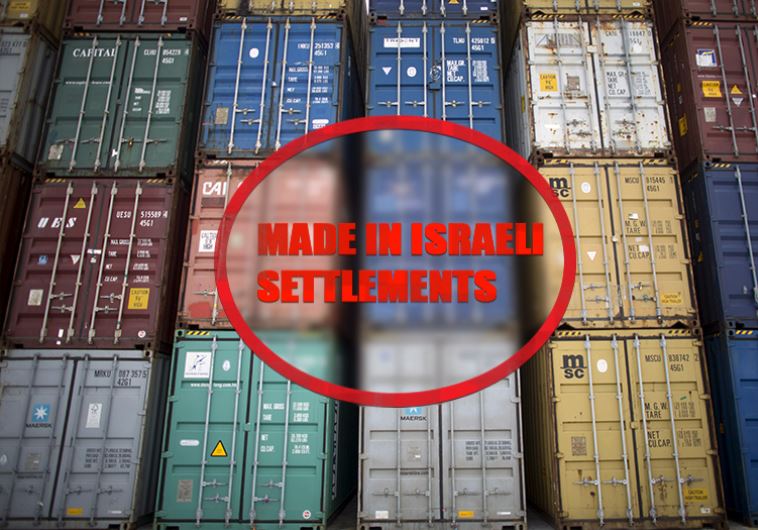US: EU product labeling is not a boycott of Israel
Israel has suspended diplomatic dialogue with the EU for a few weeks to protest the labeling measure, which has been in the works since 2012.
 EU Commission approves Israeli 'settlement' product guidelines (Illustrative picture)(photo credit: REUTERS,JPOST STAFF)Updated:
EU Commission approves Israeli 'settlement' product guidelines (Illustrative picture)(photo credit: REUTERS,JPOST STAFF)Updated: